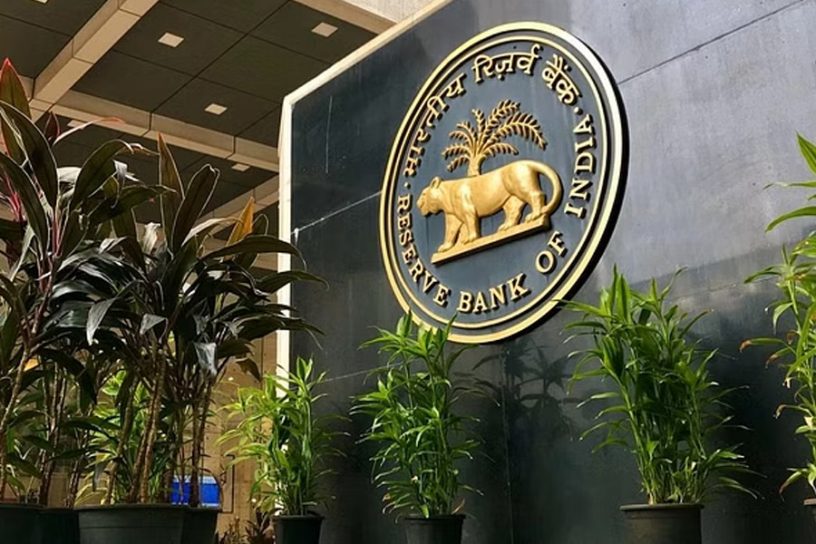
The paper brings out relationship between Repo rate and inflation from 2008 to 2013 and contrasts it with rates decided from 2014 to 2016. The changed arrangement shows that there is a healthy correlation between Repo rate, GDP growth, and Consumer Price Index.
Authors
Kartik Kishore, Jindal School of Government and Public Policy, O.P. Jindal Global University, Sonipat, Haryana, India.
S. N. Misra, School of Management, KIIT Deemed to be University, Bhubaneswar, Odisha, India.
Abhipsa Ray, School of Management, KIIT Deemed to be University, Bhubaneswar, India.
Summary
Inflation targeting has been Reserve Bank of India’s (RBI) prime concern since 2014. During 2006–2013, India witnessed an average inflation of 9 %, affecting the bottom half of the population significantly. The Urjit Patel committee in 2014 suggested that RBI’s Repo rate should be decided by a Monetary Policy Committee (MPC) with economists and finance sector experts from outside, instead of the RBI governor, consider Consumer Price Index (CPI) as nominal anchor for inflation targeting rather than Wholesale Price Index (WPI) and contain inflation within a glide path of 4–6%.
These recommendations were put into effect in 2015. The paper brings out relationship between Repo rate and inflation from 2008 to 2013 and contrasts it with rates decided from 2014 to 2016. The changed arrangement shows that there is a healthy correlation between Repo rate, GDP growth, and CPI. The paper also explores how RBI has addressed economic challenges from 2017 to 2019 and the pandemic period of 2019 to 2021 and economic revival thereafter.
It brings out how inflation forecast by MPC has often not kept pace with actual inflation and laments its failure not to note the dystopic effect of demonetization. It also notes the fine harmony between monetary and fiscal policy during the Covid period when low Repo rates walked hand in hand with fiscal stimulus measures by the finance minister. As India recovers from exogenous shock of Covid19, the paper very strongly recommends that best global practices like keeping the Taylor rule as a template for Repo rate determination should be kept in mind by RBI.
Published in: Senjyu, T., So-In, C., Joshi, A. (eds) Smart Trends in Computing and Communications. SmartCom 2023. Lecture Notes in Networks and Systems, vol 650. Springer, Singapore
To read the full article, please click here.


